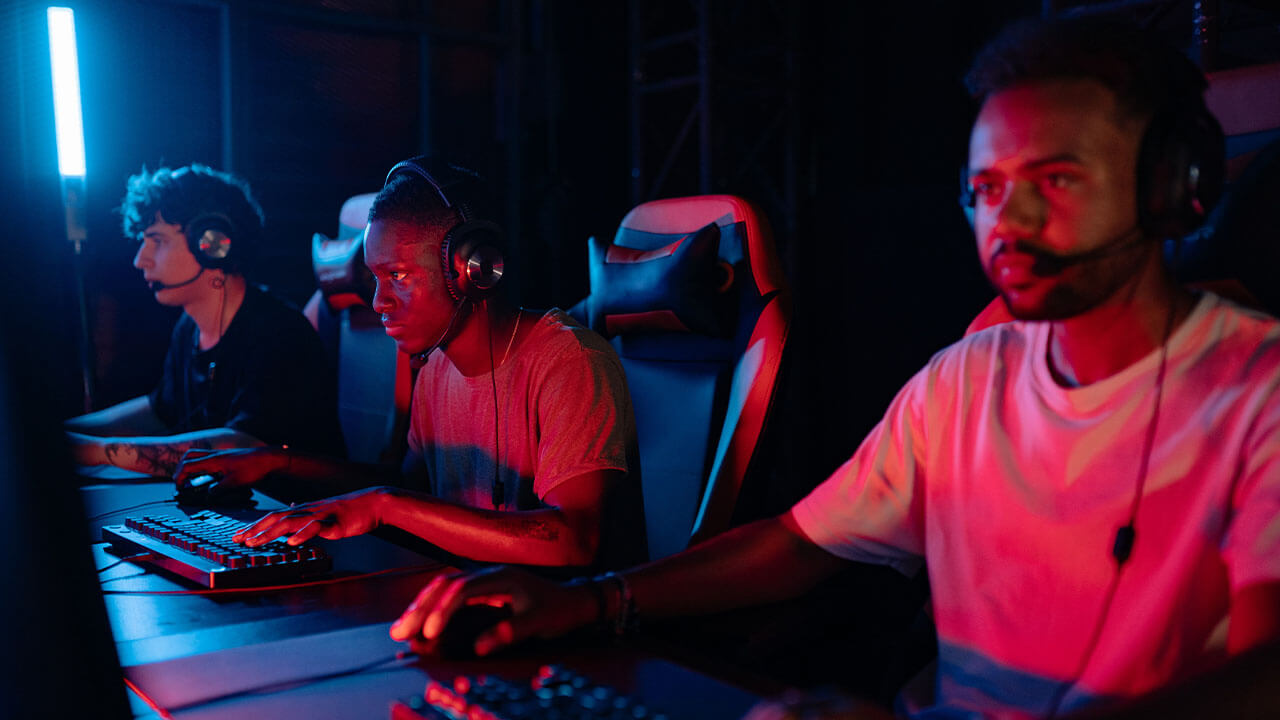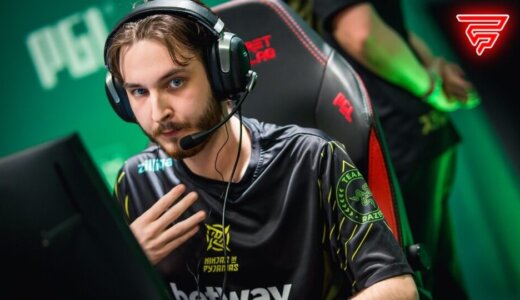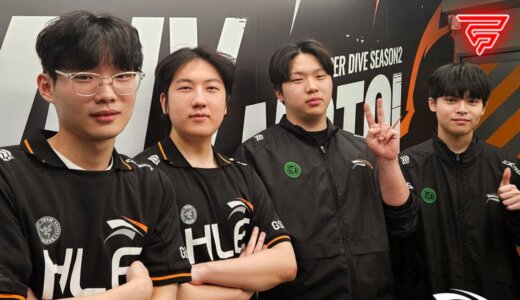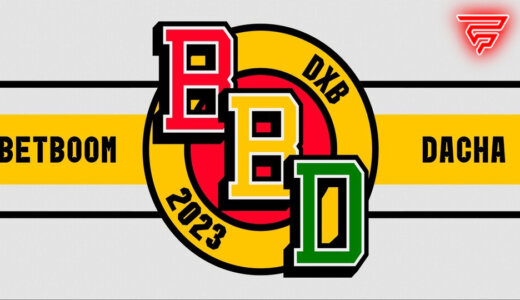Many years ago, somewhere in Oshodi, in the heart of mainland Lagos Nigeria, little Kanayo was sent out of school because he hadn’t paid his tuition fees. Kanayo was not alone. Many other kids in his class were also sent home to compel their parents to pay their tuition fees. Ideally, one would expect these kids to be sad, but they were elated! As they walked out of the school gate, Kanayo and his friends would move straight to a gaming center two streets away from the school.
They would drop their school bags at a corner of the tiny room, pay the GameHouse operator with the money meant for their lunch, sit down in front of the small box TVs, and pick up the gamepads. These kids would spend the entire day playing Football, Mortal Kombat, Super Mario and Call of Duty until school closing time. Tomorrow, they’d repeat this again.
Many more years later, Kanayo has grown into a man and become successful in his own rights, but he still gets excited when someone gifts him a box of Playstation on his birthday. Kanayo is a born gamer, and there are millions of other gamers like him in Nigeria and entire Africa, who unfortunately cannot compete professionally because eSport is almost non-existent in most parts of Africa.
Is Africa a Fertile Ground for Esports Investment?
Statistics have shown that Africa has the youngest population in the world. It is believed that over 60% of the entire African population comprises young people below the age of 25. Like the Kanayo we described above, a large percentage of these young people enjoy playing competitive video games. On many streets of Africa, you’ll see game houses swarming with kids sweating in poorly aerated rooms, waiting for their turn to grab the keypad and show what they’ve got. This unwavering interest in gaming, alongside the massive population, makes the African continent a goldmine that Esports investors shouldn’t neglect.
Reasons why Esports isn’t thriving in Africa
Indeed, Esports is gradually gaining ground in South Africa, Egypt and Kenya. Still, truthfully, the success recorded so far is nothing compared to the heights the game could reach on the continent. There are many problems hindering Esports from gaining ground in Africa, and we’ll try to round them up into these few points.
Lack of Awareness
As unreal as it may sound, many Africans don’t know what Esports is all about. Even most gamers on the streets of Africa still do not know how to differentiate between online gaming and Esports. To solve this problem, Esports investors need to do a lot of sensitization and campaigning. They need to take the words to the streets, put up ads on TV, and keep campaigning until the young people realize that their passion for playing electronic games could turn them into superstars, pay their bills and give them international recognition.
Poor Internet Connectivity
Competitive video gaming tournaments require a high-speed internet connection. The slow broadband speed and high cost of data in Africa is a massive stumbling block hindering the growth of Esports in Africa. This problem puts African players at a competitive disadvantage when competing with other players from Asia, America, India and other regions with high-speed internet connections.
Due to this reason, the Bravado Gaming team of South Africa had to travel abroad to compete in the Counter-Strike: Global Offensive tournaments. To solve this problem, video game publisher Ubisoft, in 2019, sent servers to South Africa to boost the internet infrastructure and provide the local players with an even competitive ground to face their contemporaries from other more advanced parts of the world.
The videogame industry in Africa is going through a huge expansion, possibly leading to millions of new jobs across the continent. FEJA, the largest gaming event in Africa, is now working to promote business out of games in Africa.
Find out more here: https://t.co/5QmITwrsY3 pic.twitter.com/v4PJY7G3Hc
— Games for Change (@G4C) December 4, 2018
Due to the efforts made so far, the South African Bravado Gaming team, at one point, had climbed to number 18 on the global ranking compared to the 188th spot they occupied in the past.
Considering that South Africa is not even among the top 4 most populated countries in Africa, there is still a lot of work that needs to be done. Esports organizers and game publishers need to collaborate with internet providers in Africa to boost the internet connection.
Network providers in Africa like MTN, Globacoms and Airtel, have been very supportive of conventional sports. They have been significant sponsors of football tournaments and other gaming events on the continent. So, if Esports companies show them the huge potentials of this business, they will come on board. Furthermore, if they see how they too can make profit from the tournaments, they will strengthen their broadband and even give the game more publicity using the local data they already have.
Lack of Sophisticated Gadgets
Unfortunately, Africa is a poor continent. The cost of expensive consoles and gaming stands is a massive hindrance to the growth of Esports in Africa. The gamer in Ghana or Nigeria, who is using a slow mobile device, computer, and server, is already at a competitive disadvantage when contesting with New York gamers who use the most modern high-speed equipment. This is another problem that investors can solve by providing these gadgets or setting up centers where young gamers can easily access them.
For all the problems facing Esports in Africa, there is a solution, and if investors are willing to provide them, they stand a chance of earning a massive profit because there is an enormous market out there. With the bit of success that has been achieved in South Africa so far, Statista predicts that the South African Esports industry will be worth $292 million by 2023. Now imagine the billions of dollars that’ll be made if the same success—and even more— is replicated in other countries of Africa. This is a goldmine.







